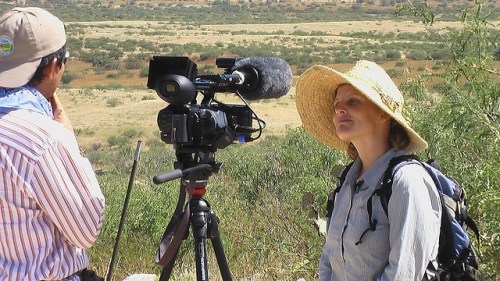
That’s the question some of my colleagues at the Association of Personal Historians have recently been examining.
Some feel that details count because they can enrich a life story by providing a social history context for it. They suggest that what might be tedious to the interviewer could in fact be fascinating to family members now and in the future.
Other personal historians see a need to be selective with details, choosing only those that enhance a story – sifting out the chaff and creating a more readable and entertaining narrative.
But the debate about how much detail to include is better settled after thinking through the following questions:
Is this a book or video life story?
In the previous article Book or Video? Which Makes a Better Personal History? I extolled the strengths and weaknesses of both print and video.
Books are more suited to detail than video. Video’s strength is in storytelling, broad strokes, and emotional content.
What’s the budget?
If you want detail, it’s going to take time and time costs money. Ten or more hours of interview isn’t uncommon for a full life story.
While your client might want their very own version of Gone with the Wind, their budget restrictions point to a more modest affair like Swayed by the Breeze. 
How open and revealing is your storyteller?
Some people need little prompting to unleash a wealth of detailed stories. Then there are those who are more reticent. No matter how sensitive and clever your questions, you’re lucky to get the bare bones of the person’s life.
What kind of questions are you asking?
The interview is at the core of a comprehensive and entertaining personal history. I’ve written extensively about the art of interviewing in 11 Articles on Interviewing .
If you want to get the stories behind a life, avoid questions that focus exclusively on names, dates, and places. Instead, use open-ended questions that begin with How, Where, When, What, and Why. And don’t read from a series of scripted questions. Make sure to go deeper with prompts like “And then what happened?”
Conclusion
I believe that details can enrich a life story. Ultimately though, we’re hired as professionals to edit and weave those details into a coherent and engaging story.
Photo by Chris Beckett
If you enjoyed this post, get free updates by email.





 Still putting off writing your life story? Well here’s something you might want to try. Write down a list of twenty statements about yourself that would give someone in the future an idea of who you are…
Still putting off writing your life story? Well here’s something you might want to try. Write down a list of twenty statements about yourself that would give someone in the future an idea of who you are… 









